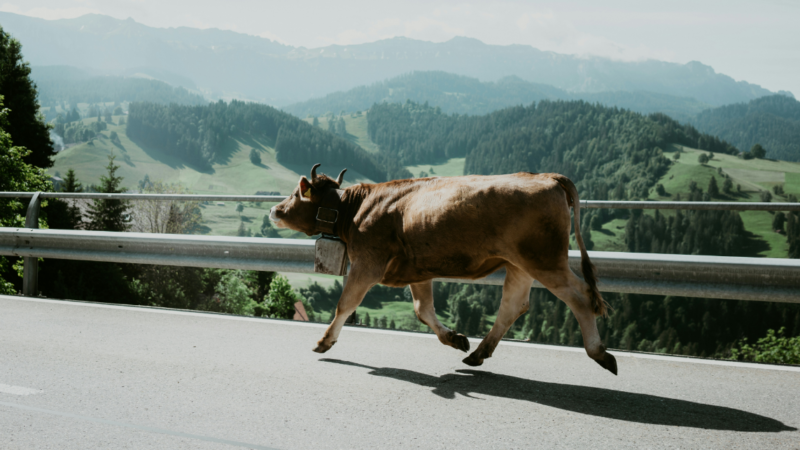Making sense of our connected world
Wikimedia Academy 2012
29th of June until 1st of July in Berlin – Call for papers
In cooperation with the Alexander von Humboldt Institute for Internet and Society and the Freie Universität Berlin Wikimedia Germany is organizing the “Wikipedia Academy 2012: Research and Free Knowledge” in Berlin.
From June the 29th until July the 1st the Wikimedia Academy 2012 is focusing on the topics “Wikipedia Analytics”, “Wikipedia Global”, “Sharing Cultures and Practices”, “Research on Users of and Contributors to Wikipedia” and “Economic and Regulatory Aspects of Free Knowledge”, discussing these in different formats from panel discussions to science fairs.
The academy is open to all scientists working on Wikipedia related topics or interested in open knowledge. Papers from PhD students and young scientists are especially welcomed and can be handed in until the 31st of March. Official language is English, in special cases papers in German can be accepted.
Find further information here.
This post represents the view of the author and does not necessarily represent the view of the institute itself. For more information about the topics of these articles and associated research projects, please contact info@hiig.de.

You will receive our latest blog articles once a month in a newsletter.
Research issues in focus
Escaping the digitalisation backlog: data governance puts cities and municipalities in the digital fast lane
The Data Governance Guide empowers cities to develop data-driven services that serve citizens effectively.
Online echoes: the Tagesschau in Einfacher Sprache
How is the Tagesschau in Einfacher Sprache perceived? This analysis of Reddit comments reveals how the new simplified format news is discussed online.
Opportunities to combat loneliness: How care facilities are connecting neighborhoods
Can digital tools help combat loneliness in old age? Care facilities are rethinking their role as inclusive, connected places in the community.



